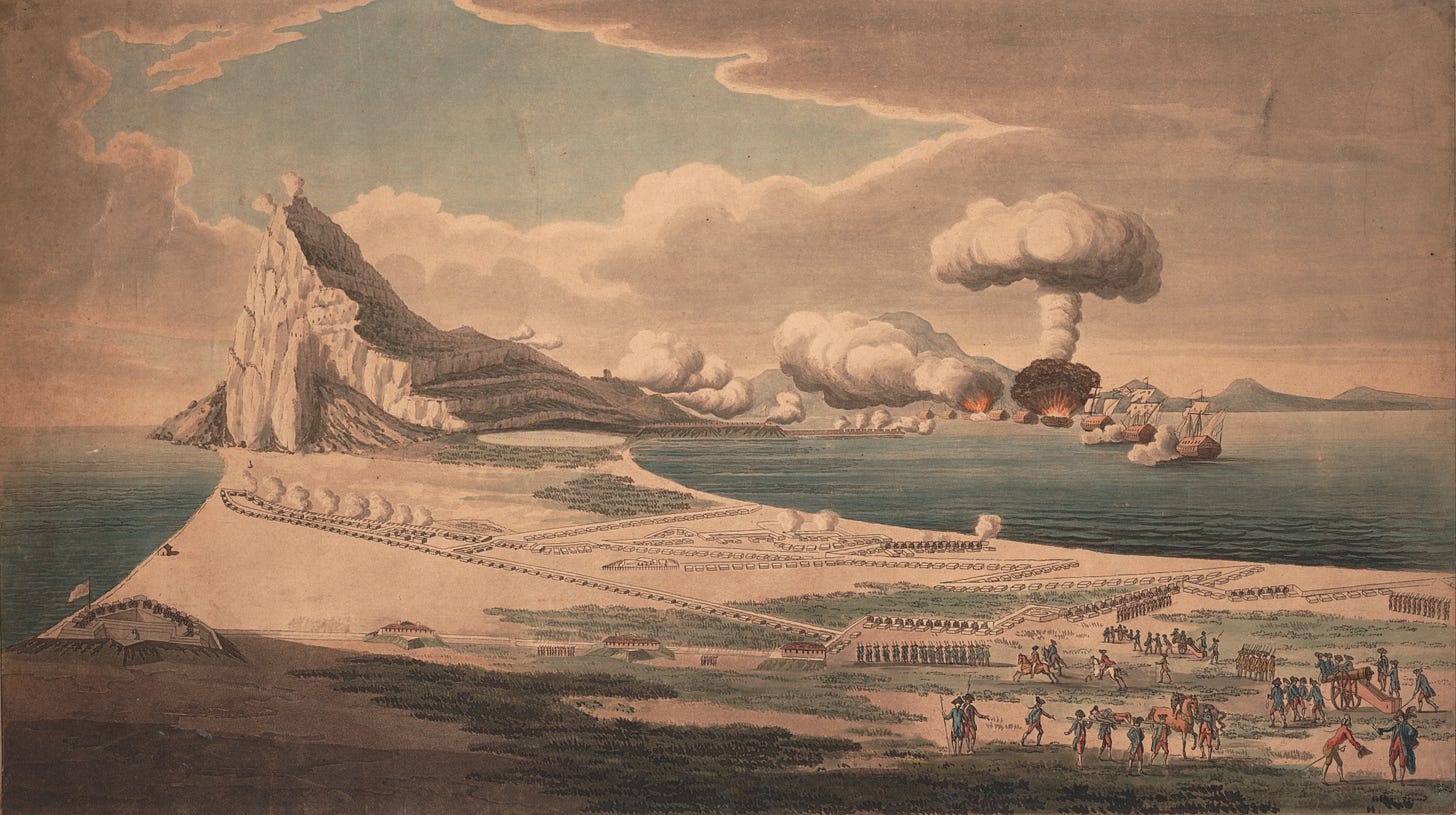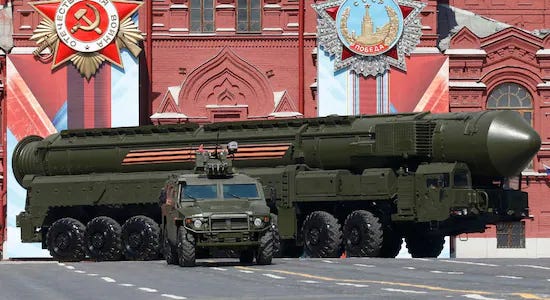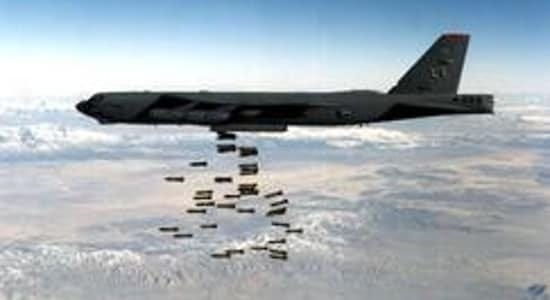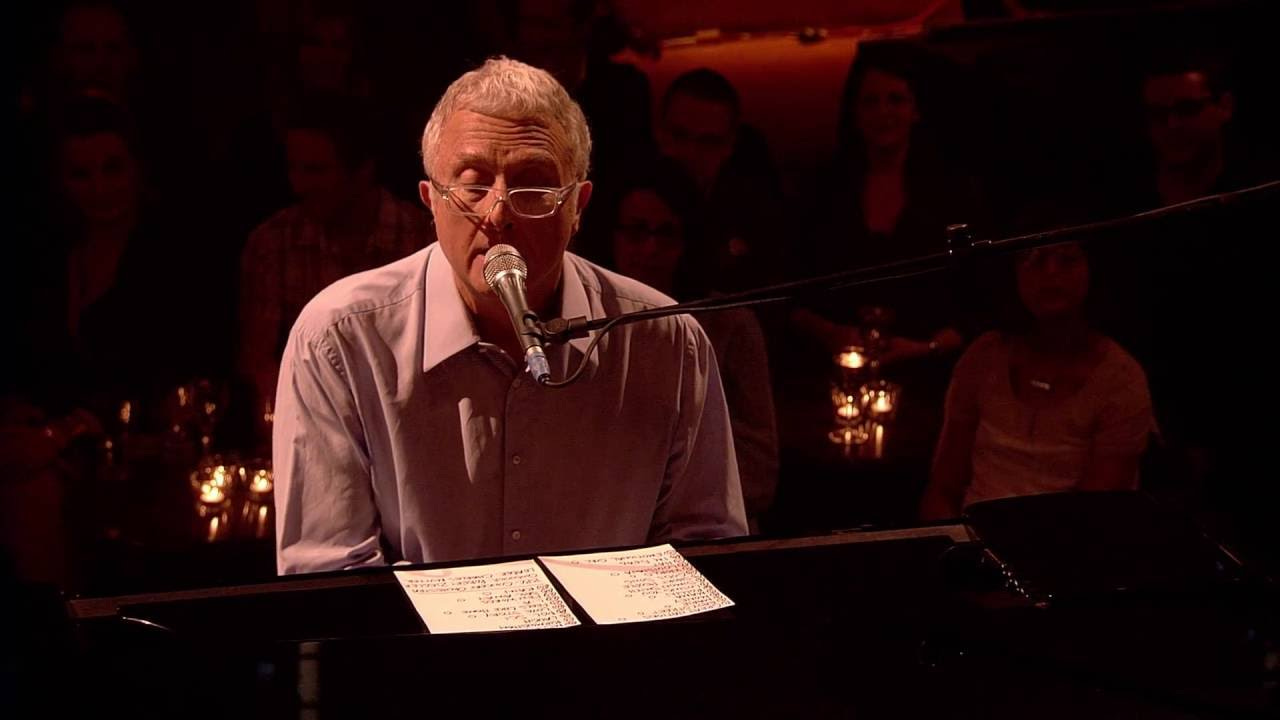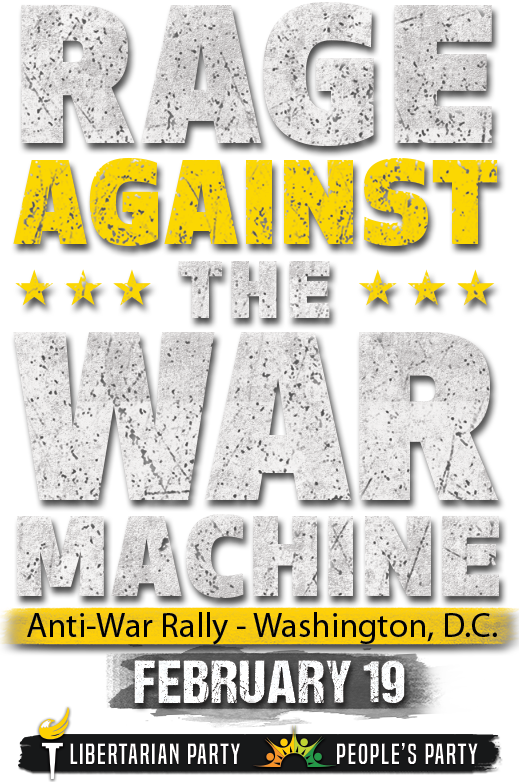Never Too Late to Shout About It
”In the next war the survivors will envy the dead.” If there was ever a time for antiwar dialogue, engagement, resistance, it’s right now.
“All acts of healing and love – and the defiance of war is an affirmation of love – allow us to shout out to the vast powers of the universe that, however broken we are, we are not helpless. However we despair we are not without hope, however weak we may feel, we will always, always, always resist.”
Chris Hedges, War is the Greatest Evil
Respectfully, I have been all in for hope for as long as I can remember, but never a devotee. During the chaotic 60s of my shamelessly irresponsible youth, hope was an emotional default. Despite the radicalization of my generation, historic levels of civil unrest, and friends ending up as human remains in US issue body bags, hope was just a coping mechanism to counter undercurrents of dread and the white noise of Lyndon Johnson’s falling dominoes. Most of my draft-age fodder peers could never begin to imagine an end to the killing, but Congressional opposition to the genocide in Southeast Asia caught on and LBJ was driven out of office. Democrats and Republicans alike – Pete McCloskey, Mike Mansfield, Charles Mathias and Mike Gravel and others – challenged the pro-war narrative. Eugene McCarthy primaried LBJ. Bobby Kennedy joined the fray. It turned out my hope was more than a thing with feathers.
In sharp contrast to today’s 118th Congress, lawmakers recognized a regrettable debacle when they saw one.
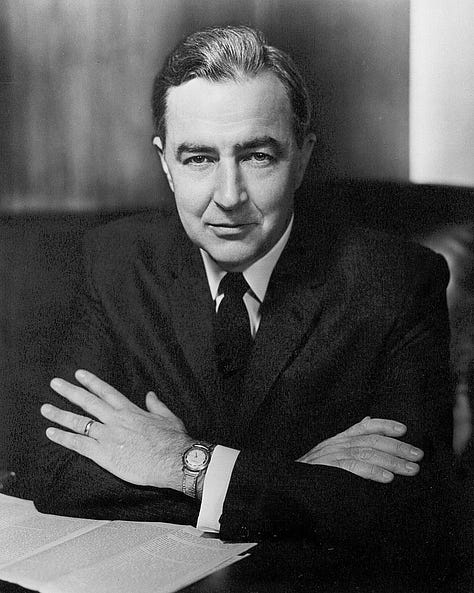
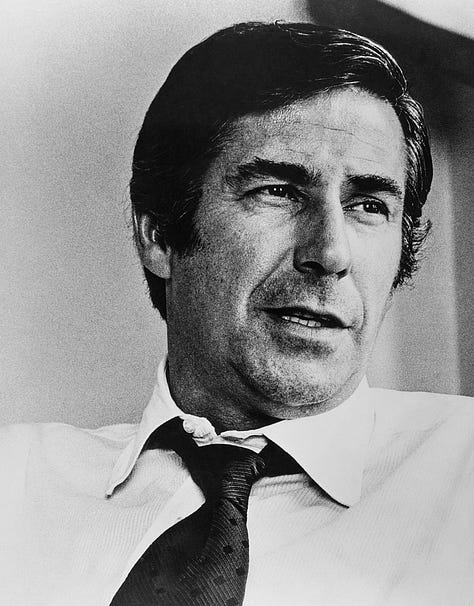

That was a lifetime ago, when wars ended, for everyone but the survivors.
A half century later, after escaping in one piece, from my own war to end all wars, a flailing American empire is now poised on the brink of direct confrontations with the world’s largest nuclear superpowers. As if a viral pandemic and planetary climate collapse weren’t enough, NATO and the US National Security State are trying to kill us all, including the very last man in Ukraine in America’s latest proxy war. And if the new Ukrainian conscription policy - lowering the draft age to 16 –and reports of a 4-hour life expectancy for new untrained troops in the Donbass are true, that poor grunt bastard’s days are numbered.
But, in a brutally frank, nightmare scenario, so are ours.
With global alliances for the Ukraine conflict set in stone and diplomatic entreaties more unlikely or unthinkable, the possibility of a massive nuclear exchange becomes more thinkable with each new weapon shipped to Zelenskyy forces by the collective West. Still, 100 US tactical nukes in Europe, intractable war power rhetoric, cornered adversaries with nothing to lose and the unfettered hubris of US foreign policy neocons is a recipe for a maelstrom, but barely gets a mention anywhere, from anyone.
An exchange of tactical nuclear devices in Eastern Europe - by accident or design - would result in counterattacks from all sides. We have been warned since Trinity, but while American support for the conflict in Ukraine has flatlined, the escalation ladder of US and NATO weapons continues to, well, escalate. Still, no one with or without agency is talking or, better yet, shouting about it. For uncensored, unbridled antiwar dialogue, alternative media is our last best hope – there’s that word again – against unrelenting war propaganda.
“This threat is largely ignored by politicians and the mainstream media,” writes nuclear activist Dr. Helen Caldicott, “who continue to practice psychic numbing as we stumble blindly toward our demise.” For many progressives self-censorship became a safe place. Whoever countered the pro-NATO narrative continue to be labeled alarmists or Kremlin agents at the mere mention of a diplomatic off ramp. (Read: Peace).
And JFK’s 1963 warning at American University couldn’t have been more prescient:
“Above all, while defending our own vital interests, nuclear powers must avert those confrontations which bring an adversary to a choice of either a humiliating retreat or a nuclear war. To adopt that kind of course in the nuclear age would be evidence only of the bankruptcy of our policy--or of a collective death-wish for the world.”
Incredibly, we would joke about nuclear annihilation in 1965, as we sang singer-songwriter Tom Lehrer’s satirical piece “So Long, Mom, I’m off to Drop the Bomb,” a much-needed musical respite from the psychotrauma of the Cuban Missile Crisis. When the laughter died, this rendition of a Cold War musical deflection had a short shelf life.
Dr. Helen Caldicott would later write:
“Knowing man’s propensity to fight, why in God’s name did the U.S. Government and Soviet Union authorize the brilliant scientists and weapons makers to construct thousands of nuclear weapons during and after the Cold War, culminating in more than 70,000 nuclear weapons during the '70s and '80s?”
No one should be breathing any easier today with over 13,000 warheads distributed among the nine nuclear armed states - United States, Russia, United Kingdom, France, China, India, Pakistan, Israel and North Korea. One targeting miscalculation or false flag provocation could result in a global crossette of destruction lasting an hour, give or take, eventually eradicating billions with the survivors envying the dead, as JFK would often quote Nikita Khrushchev.
In 1972, the satirical gloves came off with Randy Newman’s Political Science (Drop the Big One), composed at a time when the Soviet Union was more of an enigma than the US Empire is now. No one could have imagined its portent, but many Americans familiar with this country's reckless foreign policy knew the stakes back then, as now, and wish they had a say. None of us can remember voting for a US proxy war anywhere. If there was ever a time for dialogue, vision, questioning authority, resistance, it’s right now, before there’s no one fucking left to regret it.


